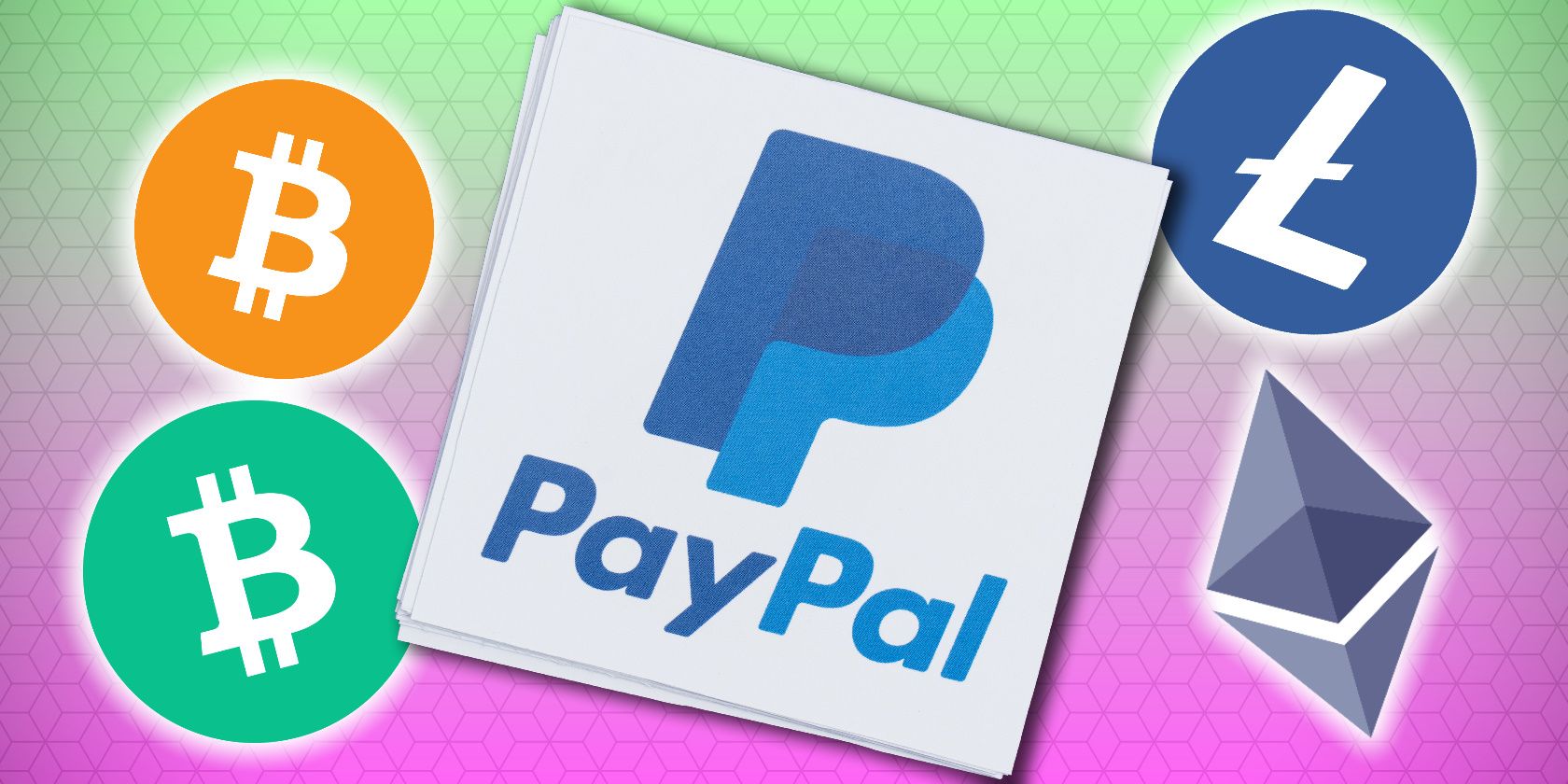PayPal is set to launch its cryptocurrency service in the UK, the first expansion since its 2020 launch in the US.
PayPal's UK cryptocurrency service launch means that UK residents can buy, hold, and sell digital currencies from their standard PayPal account, and will enable millions more PayPal customers to begin using and interacting with Bitcoin, Ethereum, and other cryptos.
PayPal Launches UK Crypto Services
PayPal's cryptocurrency service allows users to buy, sell, and hold cryptocurrencies in their PayPal account. Currently, users can choose from Bitcoin, Ethereum, Bitcoin Cash, or Litecoin and buy cryptos for as little as $1.
The US version of PayPal's crypto service launched last year and has gone from strength to strength. Talking to CNBC, PayPal's general manager for blockchain, crypto, and digital currencies, said:
It has been doing really well in the US. We expect it's going to do well in the UK.
As with its existing crypto services, PayPal's UK crypto options use the Paxos exchange, a US-based company. Subject to UK regulators, UK-based PayPal users can buy or sell cryptocurrency worth up to:
- £15,000 per transaction
- £35,000 per year
These aren't particularly large limits, but more than enough for most users.
Cryptocurrency services are accessed through a new crypto tab that will appear on the service shortly. Along with options to buy and sell cryptocurrencies, the PayPal crypto tab will deliver real-time price information, educational content, and information on the potential risks of trading cryptos.
PayPal Crypto Cannot Be Used for Direct Bitcoin Payments
While the introduction of PayPal's Bitcoin and Ethereum exchange is a welcome addition for UK crypto users (especially those new to cryptocurrency), it is important to note that the PayPal crypto wallet comes with some serious limitations.
For one, Bitcoin and other cryptos held in your PayPal account are somewhat held hostage, as you're unable to send them to different digital wallets or other users.
That means for the meantime, while PayPal might become a handy option for building up a small reserve of Bitcoin, Ethereum, Litecoin, or Bitcoin Cash, you won't be able to spend or send your cryptocurrencies anywhere else.
For many Bitcoin users (and users of other cryptocurrencies), this lack of control over your cryptocurrency is unacceptable. The common adage is, "not your keys, not your crypto," meaning that if you don't control the private encryption keys linked to your cryptocurrency wallet, you don't have control over your money.
In this case, the statement rings true. Furthermore, PayPal has a patchy reputation regarding account closures and suspensions, with many users finding that once PayPal decides your account is closed, you may have little recourse.
Regardless, PayPal's expansion of its crypto services into another territory is good for Bitcoin, as they say.

